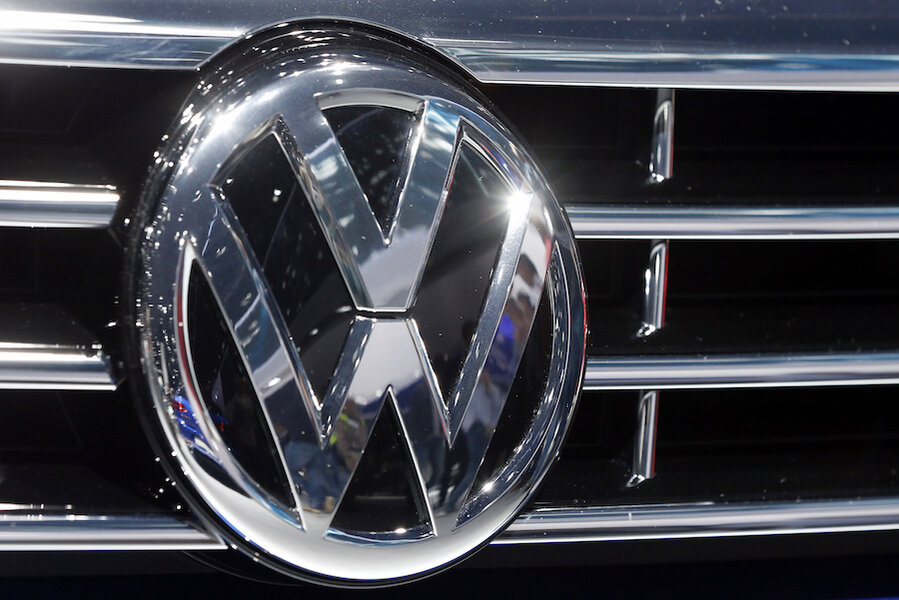VW diesel cheating an 'open secret' within company, report alleges
Loading...
A German newspaper has reported that the use of "defeat device" software to cheat on U.S. emissions laws was widespread knowledge within the diesel-engine group at Volkswagen headquarters in Wolfsburg, Germany.
And, it said, one whistleblower involved in the deception had alerted a senior manager outside the department as far back as 2011.
That manager apparently did nothing, however, and the cheating continued until the company admitted its deception to U.S. regulators last September.
The allegation that the cheating was an "open secret" was published in this morning's edition by Sueddeutsche Zeitung, according to a Reuters story published late yesterday.
The German paper cited information from Volkswagen's internal investigation, which has not yet been made public.
The results of that investigation are to be first revealed at VW Group's annual shareholders' meeting in April.
New and much tougher emission limits, known as "Tier 2, Bin 5," took effect on January 1, 2008, for all new cars sold in the U.S.
VW could have met those standards by fitting a Selective Catalytic Reduction aftertreatment system, also known as "urea injection," to its Jetta, Golf, and Beetle vehicles, but the cost and complexity of those systems was presumably seen as too high for mass-priced compact vehicles.
Work on software to cheat the emission tests began in November 2006, the newspaper reported.
Volkswagen's engine team took software delivered by Bosch, perhaps the largest supplier of components for diesel engines, and added the "defeat device" routines. (Bosch has repeatedly denied it was involved in, or knew of, the deception.)
Those added routines ensured that the engine complied with emissions regulations only when data from the car's sensors detected that it was being run on a dynamometer, or "rolling road," which would indicate a laboratory test.
When the car detected it was being used in real-world driving, the software to keep the engine within emission limits was ignored.
The deception stemmed from pressure by Volkswagen's Board of Management, according to Sueddeutsche Zeitung, and the attitude that the company could do anything it set its mind to.
"Instead of coming clean to the management board that it cannot be done, it was decided to commit fraud," the paper reported, according to Reuters.
Neither Volkswagen nor the law firm it has hired to investigate the matter, Jones Day, responded to requests for comment by Sueddeutsche Zeitung at the end of the day on Friday.
Prosecutors in the German state of Braunschweig, who are conducting their own investigation, were also unavailable for comment.
Meanwhile, North American owners can only wait to find out how their 2009 and newer Volkswagen TDI diesel cars will be modified to meet the emissions laws they were designed to circumvent.
Volkswagen is still negotiating with the U.S. Environmental Protection Agency and the California Air Resources Board, which sent the company back to the drawing board two weeks ago after rejecting its first proposals as insufficiently detailed.
[hat tip: Max Looker]







